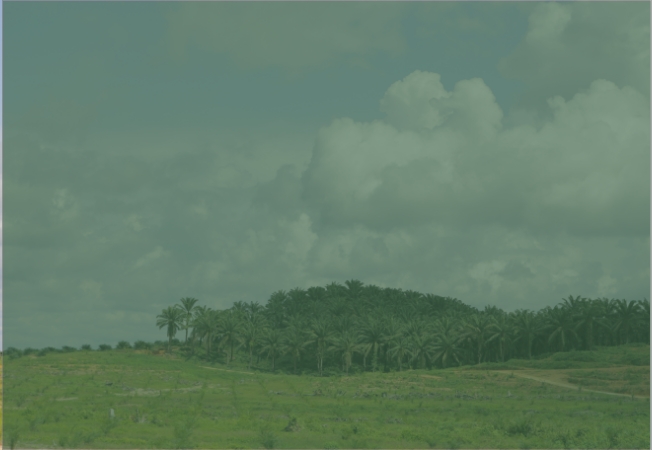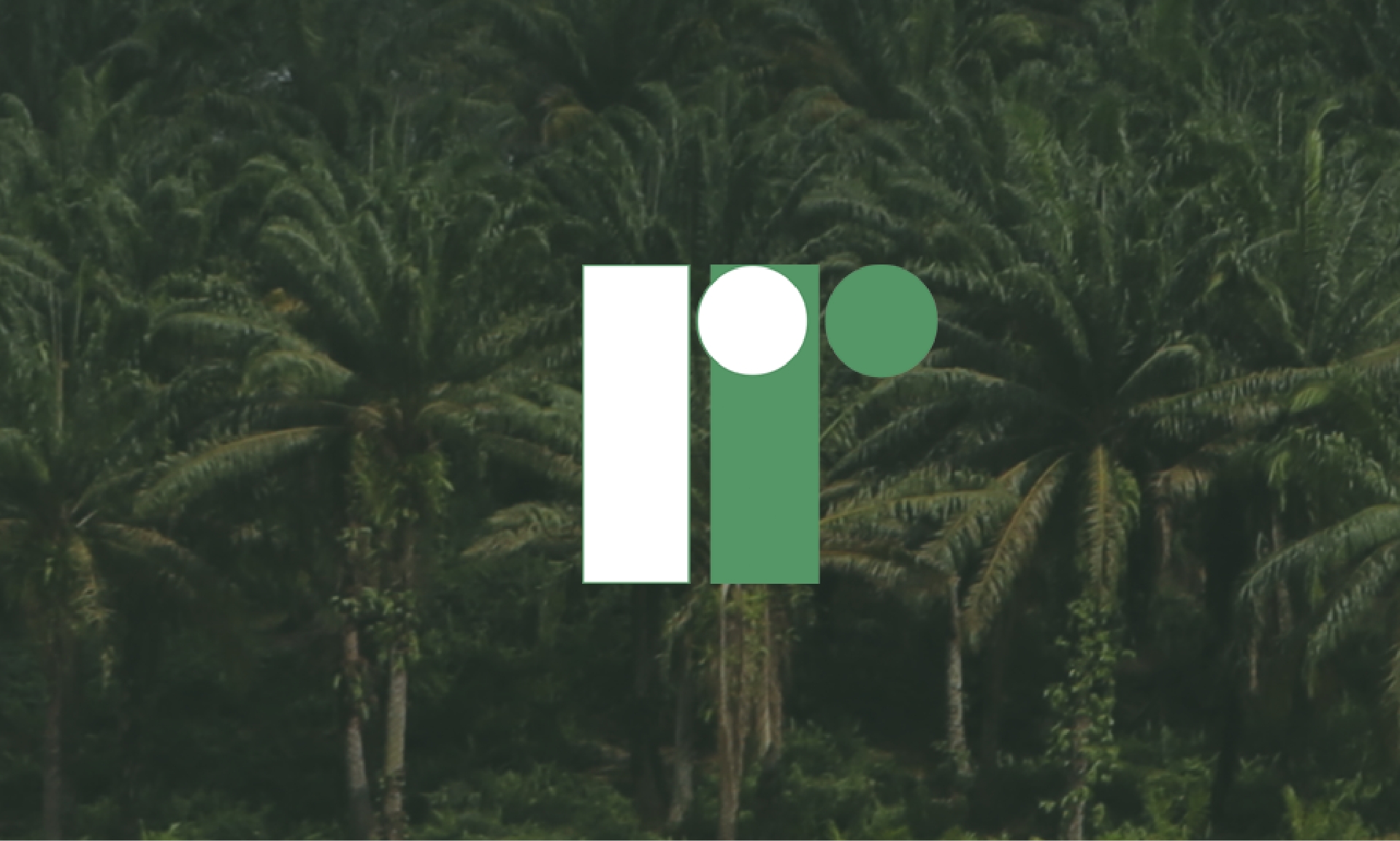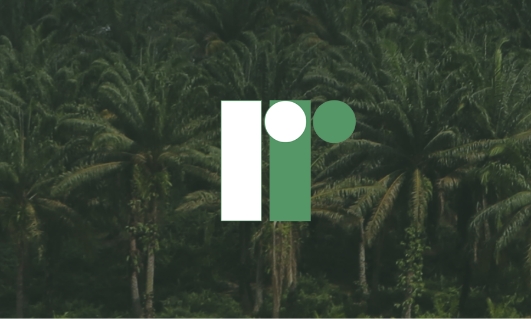Sustainability: Sustainable Development - Sustainable GAPs


Sustainable GAPs
At REA, we practice sustainable good agricultural practices (GAP) by combining global and local standards to promote responsible palm oil production. Our commitment is guided by key principles, including NDPE (No Deforestation, No Peat, No Exploitation), assessments for High Conservation Value (HCV) and High Carbon Stock (HCS), and the principle of Free, Prior, and Informed Consent (FPIC). Through these principles, we strive to protect forests, manage peatlands sustainably, and respect the rights of local communities.
NDPE Commitment

Since the establishment of our NDPE policy in 2020, and its subsequent updates in 2021, we integrate environmental stewardship, social responsibility, and strict standards into every aspect of our operations.
We are committed to preserving natural forests, protecting biodiversity, and ensuring a deforestation-free supply chain. REA has determined 15 November 2018 (in accordance with the RSPO Principles & Criteria 2018) as the cut off date for all REA’s operations and suppliers aligning with our NDPE policy and national regulations, including no deforestation, no land clearing using fire, and no planting on illegal land or in protected areas. We ensure that:

HCV and HCS Assessments
Assessments are conducted independently before any land development to identify and protect areas of High Conservation Value (HCV) and High Carbon Stock (HCS). For more information, read here.
REA has implemented best management practices (BMPs) for soils and peat in compliance with RSPO requirements, which we apply across all our operations and suppliers. In May 2024, we also took part in RSPO's BMP Peat Training.
We protect and manage peatlands responsibly through:
- REA will not develop, plant in or source FFB from areas that have been identified as peatland, regardless of depth. This includes all third-party contractors operating within REA’s plantations, as well as all associated and independent smallholders and all suppliers.
- Ensure soil surveys are conducted prior to peat development.
- Restoring degraded peatlands in collaboration with experts to enhance carbon storage and ecosystem functions.
- As at 31 December 2024, REA’s concessions included a total of 2,355.26 hectares of peatland, of which 1,232.44 hectares are within planted areas. This planted peatland area, established prior to 2022, has remained unchanged through 2024 and is fully RSPO-certified.
REA recognises its duty to respect and support the internationally adopted human rights expressed in the International Bill of Human Rights, all the core conventions of the International Labour Organisation, the UN Declaration on the Rights of Indigenous Peoples (UNDRIP) and ILO Indigenous and Tribal Peoples Convention (no. 169), as well as the relevant Indonesian regulations. We ensured our commitments are implemented across our operations, including employees at any level, and all contractors, suppliers and local communities. REA actively works to prevent, mitigate and, where necessary, remediate any infringement of the human rights of any person affected by its operations.
By embedding human rights and social equity into our operations, we ensure:
- Free, Prior & Informed Consent (FPIC) compliance in all community engagements, respecting the rights of local communities and indigenous peoples.
- Transparent grievance mechanisms to address conflicts fairly. For more information, read here.
- Fostering the inclusivity of smallholders through training and sustainable certification programs.
For more information, read here.
